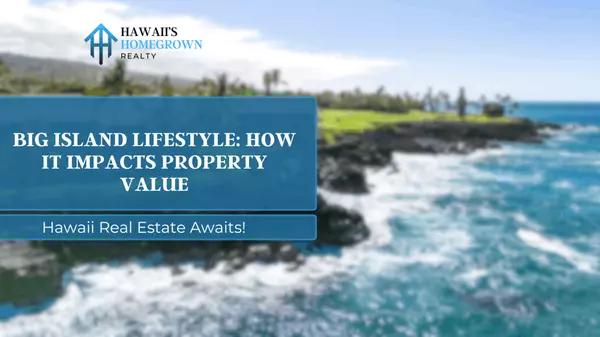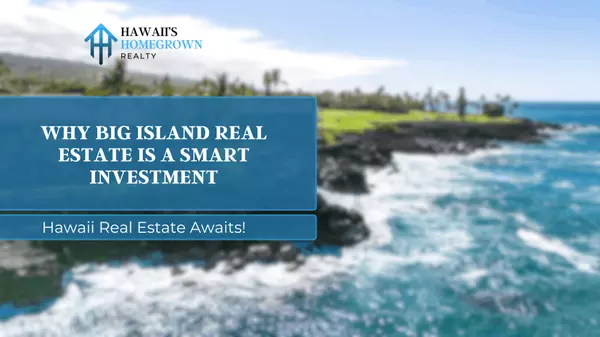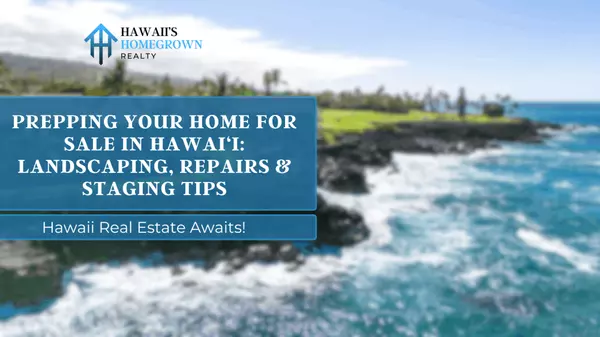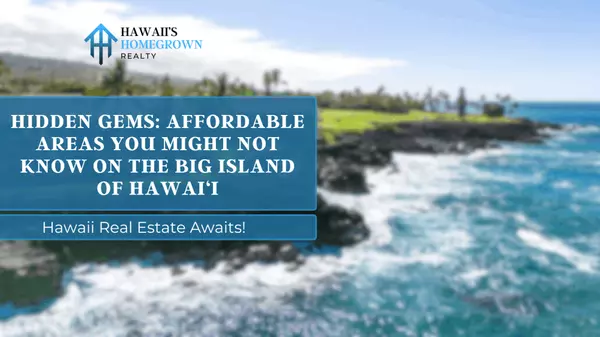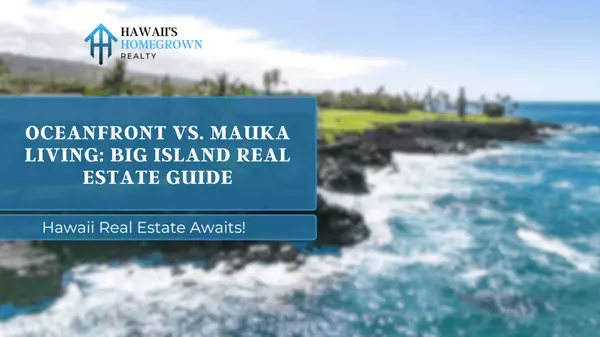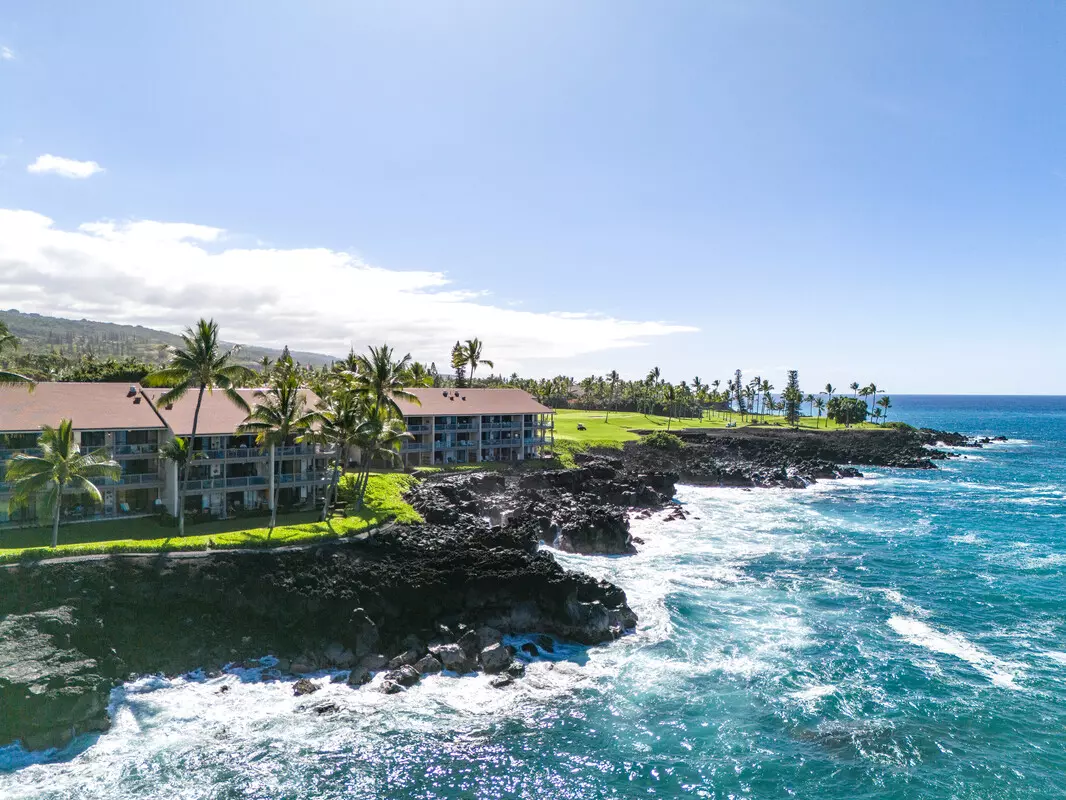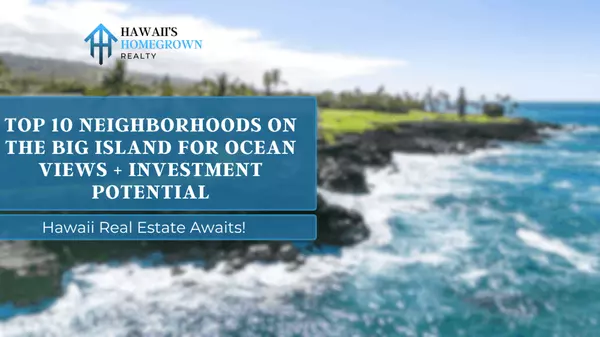
Top 10 Neighborhoods / Areas on the Big Island for Ocean Views + Investment Potential
When people dream of owning property on the Big Island of Hawai‘i, ocean views usually top the wish list. But beyond the postcard sunsets, smart buyers also want strong investment potential—whether for long-term appreciation, vacation rental income, or both. Here are 10 neighborhoods and areas on t
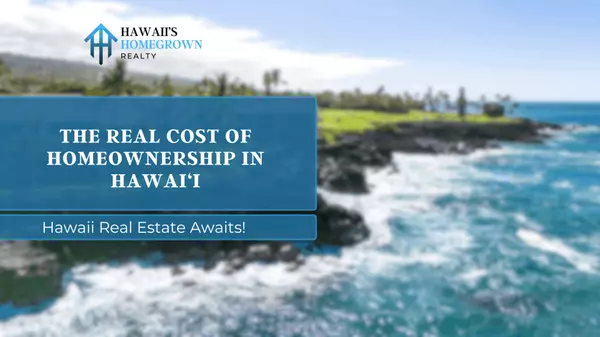
The Real Cost of Homeownership in Hawai‘i
Owning a home in Hawai‘i is a dream for many—and for good reason. With breathtaking landscapes, vibrant culture, and an unmatched island lifestyle, it’s no surprise that demand for property here remains strong. But behind the dream lies a reality that every buyer should understand: the real cost of
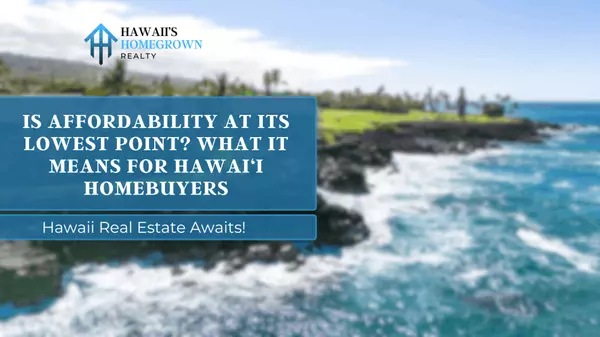
Is Affordability at Its Lowest Point? What It Means for Hawai‘i Homebuyers
For many families in Hawai‘i, the dream of homeownership feels further away than ever. Recent data highlights a sobering reality: only 20% of Hawai‘i households can currently afford the state’s median-priced single-family home, which now sits at over $1.1 million. Just a few years ago, in 2021, tha
Recent Posts
